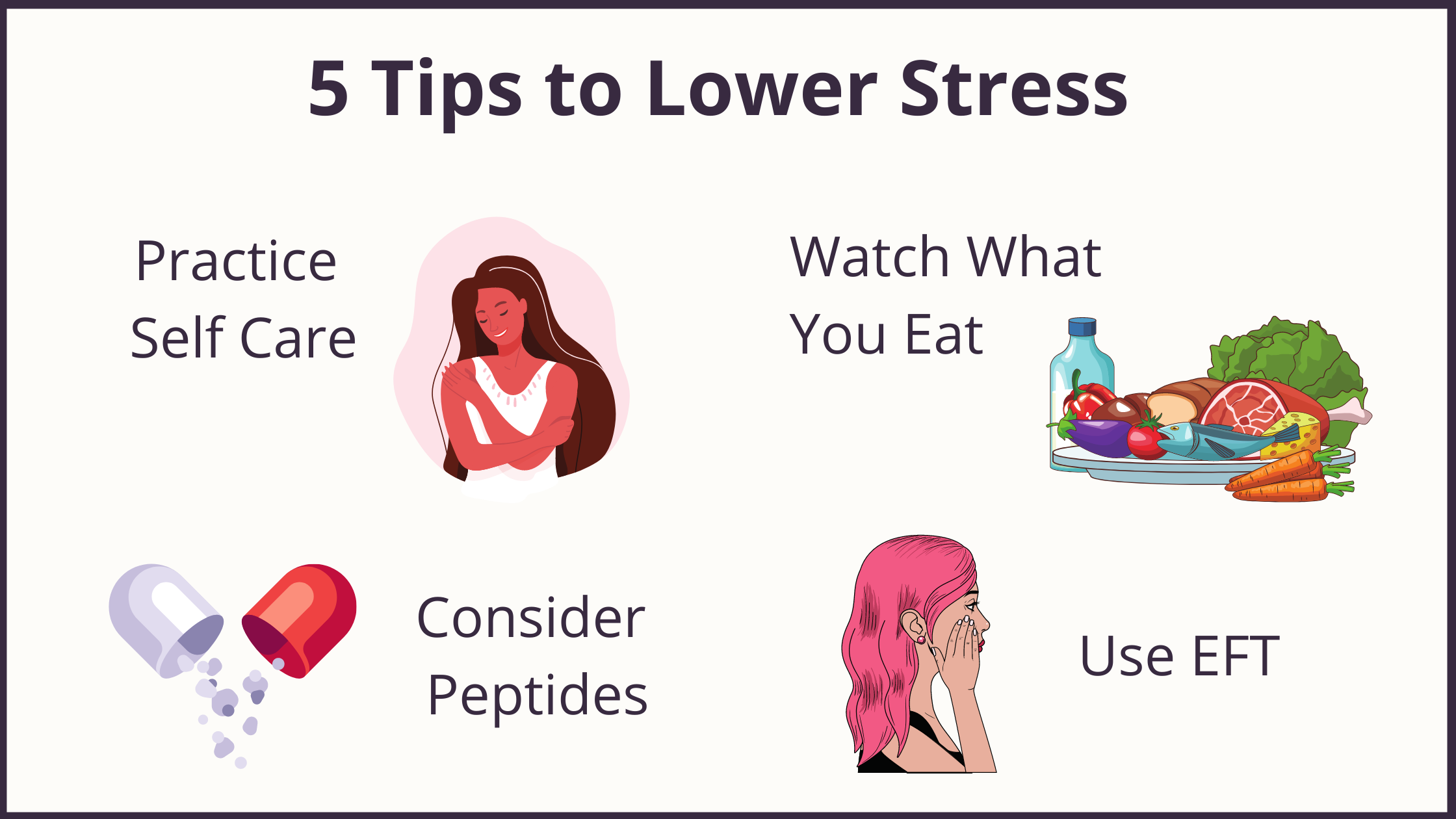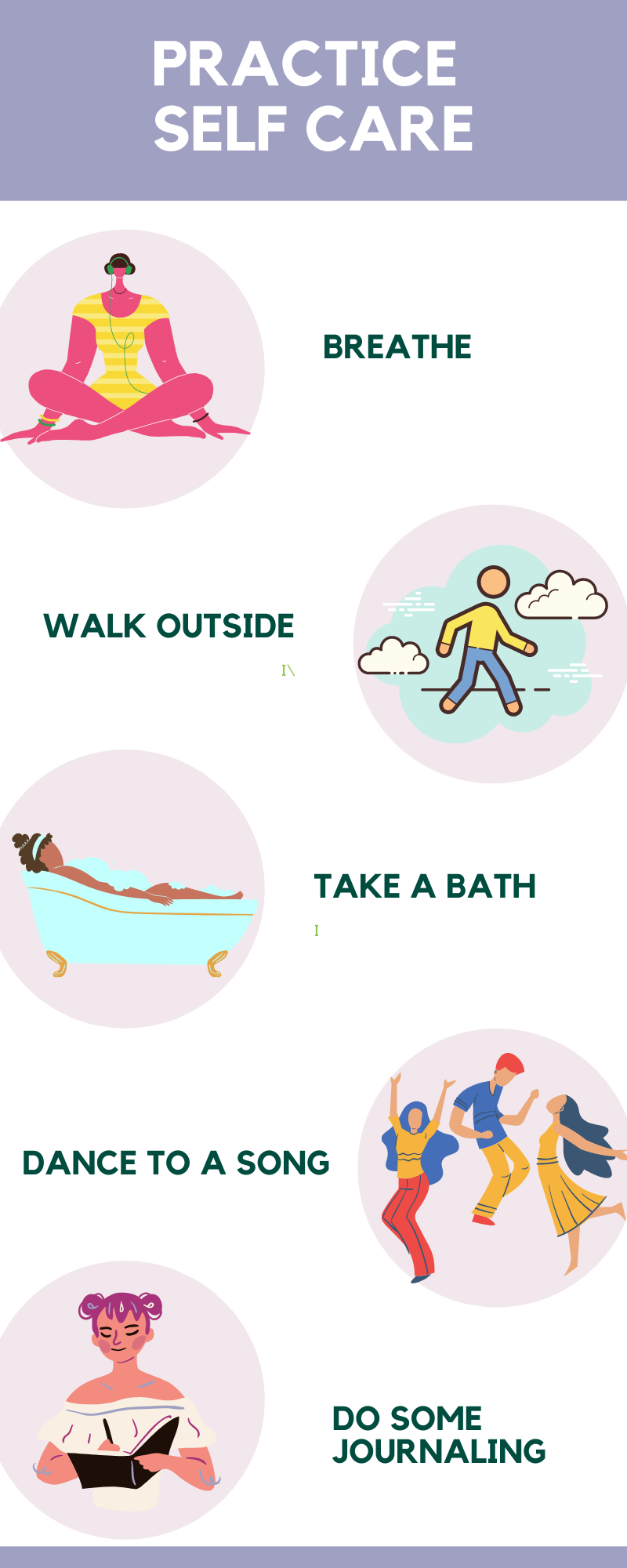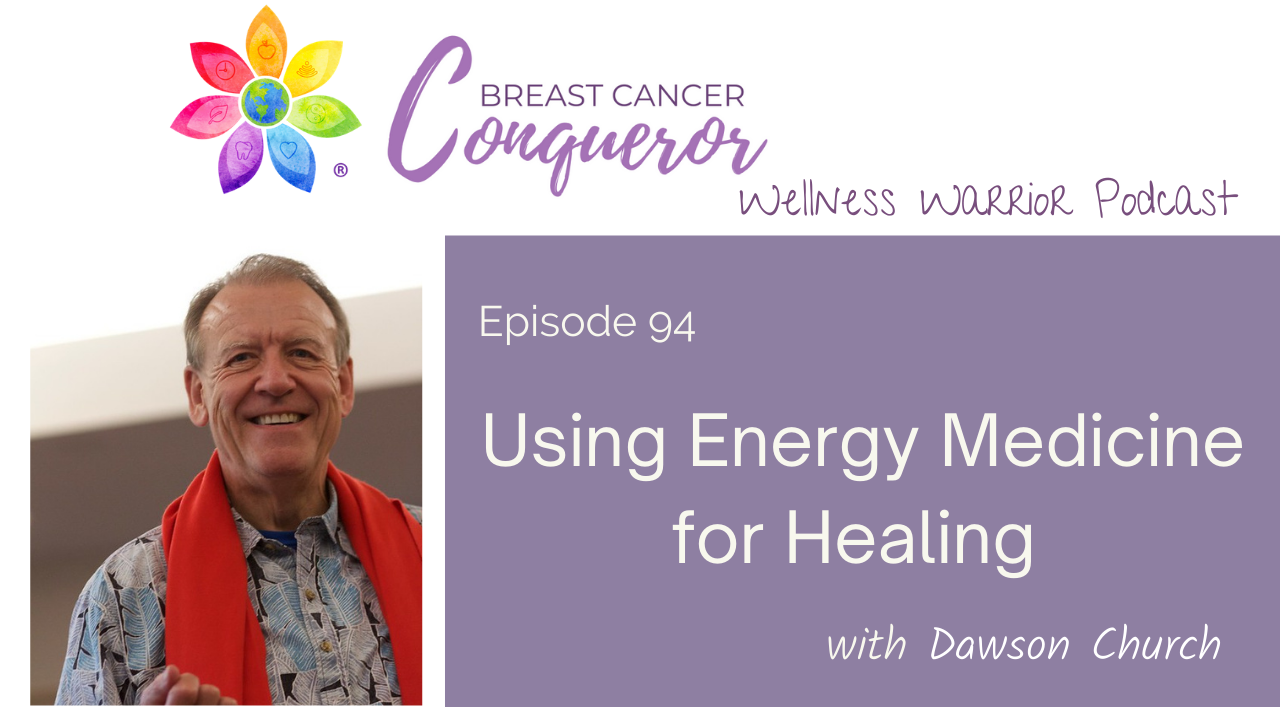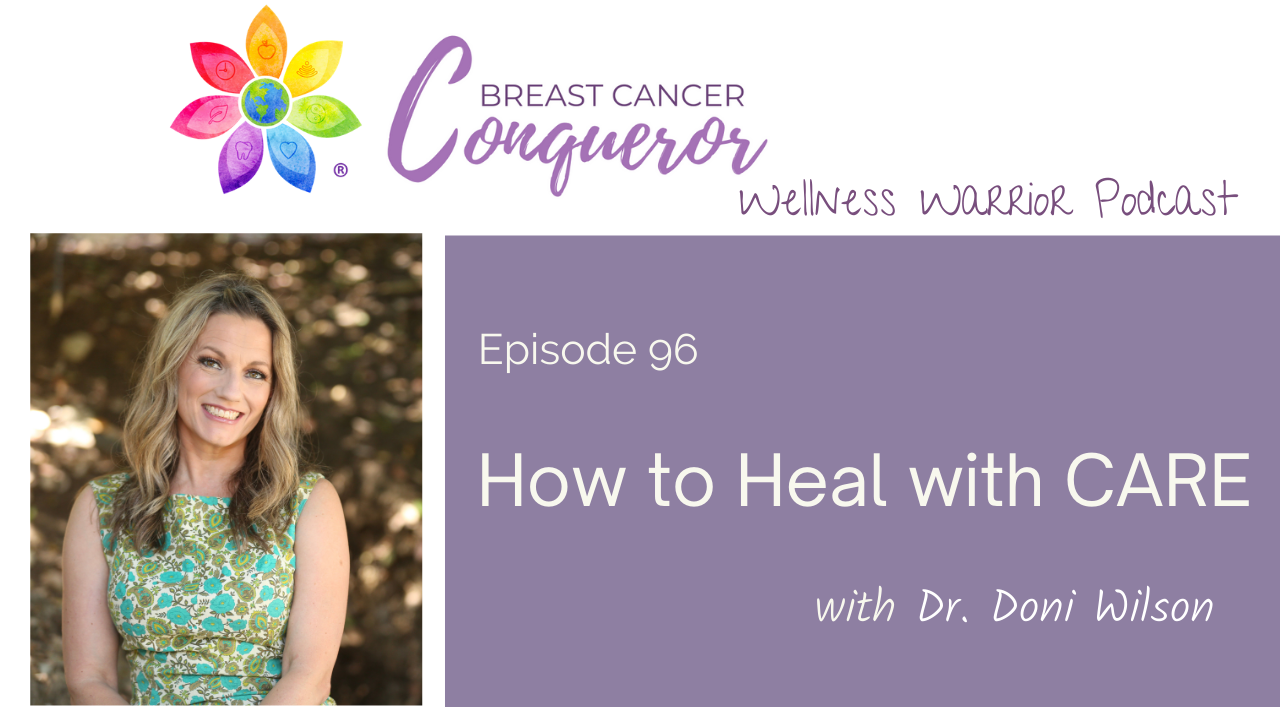
It’s a stressful time for many people, especially in the era of COVID. So many of you have reached out and asked for help in dealing with the stresses of life. Stress is a part of our lives—emotional stress, work stress, financial stress, the stress of a health crisis, not to mention the many stressors the body may be exposed to that we may not be aware of.
We know stress is real. We can feel it. But what can we do about it?
The Chronic Stress Dilemma
The answer to that question is that we can do A LOT! The first step is to get clear about what stress is, what amount is healthy, and when it may be spinning out of control.
Some amount of stress is actually good for you! We have our stress responses for a reason. When I need to bolt for the door, run down the street, or make a decision in a crisis, I am really glad that I have them!
Stress becomes damaging to our health, however, when it becomes chronic. Cortisol and adrenaline pumping in our veins day after day create inflammation and the cascading effect of having to produce more. In other words, the more cortisol is flooding your system, the more cellular receptor sites the body will make for it. This cycle can create an addiction to stress.
The consequences of the crazy treadmill of stress can be severe. In fact, a 20-year University of London study discovered that “unmanaged reactions to stress” were more dangerous than cigarette smoking and created a higher risk for both heart disease and cancer.
Five Things You Can Do NOW To Lower Stress

#1 Practice Some Self-Care
What exactly is self-care? In a nutshell, self-care is about first acknowledging that if you are an independent, functioning adult, then you– not your spouse, your mother nor your boss– are responsible for your own physical, emotional, and mental wellbeing. Self-care is about being proactive with prevention. It’s about being aware of what you need for your own well-being, being aware of when you need it, and then taking action to get it!
You can assess your self-care needs at any time. It just takes a minute. In fact, you can do it right now! At this moment, are you:
-hungry?
-tired?
-thirsty?
-having to go to the bathroom?
-feeling nervous or anxious?
-feeling tired or fatigued?
Once you have determined what your needs are, self-care is also about taking action to get what you need to stay balanced, healthy, and happy.
Some of the answers are pretty easy. If you are hungry, eat! If you are thirsty, hydrate yourself! If you are tired, try taking a power nap. If you are just plain stressed out, anxious or fatigued, this is where you may need to have a handy toolbox of activities to pick from (and a strong commitment to set a few minutes aside to do them). Here are just a few activities that may help: 
-Take a 5-minute break and just breath
-Take a 10-minute walk around the block
–Go outside and smell a flower or look at a tree
-Take your shoes off and ground them into the earth
-Take a bath
-Take a power nap
-Dance to one song
-Do some journaling
-Do 5 minutes of EFT (see below)
The above are “quick fixes” when it comes to self-care. For long-term stress relief, I suggest taking time every day to consciously unwind, destress, and center yourself. Put those 15 minutes of “me” time in your agenda every day and then stick to it! That way when those super stressful moments happen– and they will– you will be well-armed with the tools and practices you need to stay centered in the middle of the chaos.
One of my big takeaways from my second healing journey was to give myself permission to practice self-care. I learned to pull away when I felt my stress mounting and reminded myself to “do more things to bring more joy” and fewer things that caused stress.
#2 Watch What You Eat
You have heard me say many times about our choice of food: “You either feed your body or feed the cancer.” There is no “neutral ground” when it comes to food.
Another way of saying this is that what you eat (and what you drink) really can give you energy and vitality for health and healing. An example of this is plain old water. Did you know that simply staying hydrated with enough fresh, filtered fluoride-free water can prevent kidney stones, help your digestion, help you detox, energize your muscles, and prevent wrinkles?
On the other hand, what you choose to eat can also deplete your energy and cause major stress in the body. Many kinds of foods can cause stress responses that will affect us over the long and short term.
An example of food-related stress that can manifest over time comes through toxins in commercial meats and dairy products. Specific cancer-causing toxins called dioxins, which are stored in animal fat cells, have been shown to cause BRCA-1 and BRCA-2 gene mutations.
Stress responses can come on quickly too by eating the wrong kinds of food for you. These “reactionary foods” are going to be different for different people but some examples are gluten and dairy.
The one “food” source (if you could call it that) that everyone has a reaction to eventually is refined sugar.
Occasional raw honey or fructose from fruit is harmless But the amounts of refined cane sugar and high fructose corn syrup that the typical American eats in the form of sugary drinks, pastries, hard candies, and sauces, however, are not. If you are on a healing journey with Breast Cancer, remember that cancer loves sugar!
Research also shows that consuming 75 to 100 grams of sugar can lower immune function significantly. This is equivalent to 2 cans of soda or one 16-ounce Peppermint White Chocolate Mocha Frappuccino® at Starbucks. Immune suppression begins about 30 minutes after sugar intake and can last as long as 5 hours. A big part of how sugar suppresses the immune system has to do with inflammation.
You can do yourself and your stress responses a huge favor by going low when it comes to sugar. Many people notice a difference right away in overall energy level as well as mood once they cut down on this one substance!
#3 Use EFT
A simple yet profound skill that I encourage anyone on a Healthy Breast Path to learn is called EFT, or Emotional Freedom Technique. It is also sometimes called “tapping.” Be sure to check out my November 2020 podcast interview with EFT-pioneer Dawson Church to learn more about this amazing technique. Dawson is an award-winning researcher and scientist as well as a best-selling author. What he and others in the field of energy psychology have discovered is pretty amazing.

Emotions can actually drive gene expression! This is where the Emotional Freedom Technique comes into play. In a nutshell, EFT is a gentle, relaxing practice that involves light “tapping” on key acupuncture pressure points on the face and chest coupled with sayings or “affirmations” that help you move from a state of stress to one of relaxation, confidence, and positivity!
A 2016 study led by Dr. Marjorie E. Maharaj at Akamai University in Hilo, Hawaii found that after just one hour of intense “tapping,” 72 genes related to inflammatory responses, immunity, and brain health were positively regulated. Wow!
#4 Consider Peptide Therapy
Peptides are another “buzzword” going around lately and the science behind their success is easier to understand than you think!
Many people equate peptides with collagen production and skin integrity. There are other peptides, however, that are known as “bio-regulators.” These “tiny protein packs” have the ability to rebalance and recalibrate just about any organ or function in the body by resetting genetic expression.
What ground-breaking researcher Dr. Vladimir Khavinson of Russia discovered in the 1970s was that peptide health was essential for longevity. During the Cold War, he helped soldiers “reverse the clock” of ongoing war-related stress and premature aging through peptide therapy. Some of their symptoms that were helped through peptide therapy included “fatigue, sleep issues, digestive issues, decreased immune function, anxiety, and depression.”
Sound familiar?

I recently had a chance to interview an amazing naturopathic doctor and natural health visionary who is using peptide therapy in her practice with people suffering from adrenal fatigue, HPV, and chronic stress. Dr. Doni Wilson is having great success with her patients, but she first began peptides for her own stress-related health issues.
“I was at the time visiting my son in Russia and researching peptides. I was reading about Dr. Khavinson and it was one of those moments where it was like ‘Oh my gosh, he’s from St. Petersburg and I’m in St. Petersburg. I have to at least try to find his clinic and meet him!’”
Dr. Doni did in fact meet Dr. Khavinson and wound up spending two weeks at his clinic, learning about peptides and also being a peptide therapy patient as well. Based on a very thorough evaluation, they recommended certain peptides and a clear program for her particular condition.
Be sure to check out this latest PODCAST INTERVIEW HERE to learn more about Dr. Doni’s experience and her work with therapeutic peptides for stress.
#5 Check Out De-Stress Supplements!
Besides peptides, there are dozens of other natural substances that can really help you rebalance your stress responses. StressArrest™ is a uniquely formulated product that provides gamma-aminobutyric acid (GABA), a key neurotransmitter in the body involved in a normal, calm stress response.
No one substance should take the place of practices that you can put into place every day to lower stress like the ones above. On the other hand, herbs and nutrients can be of great assistance in creating less of a need for cortisol in your body to support the adrenal glands.